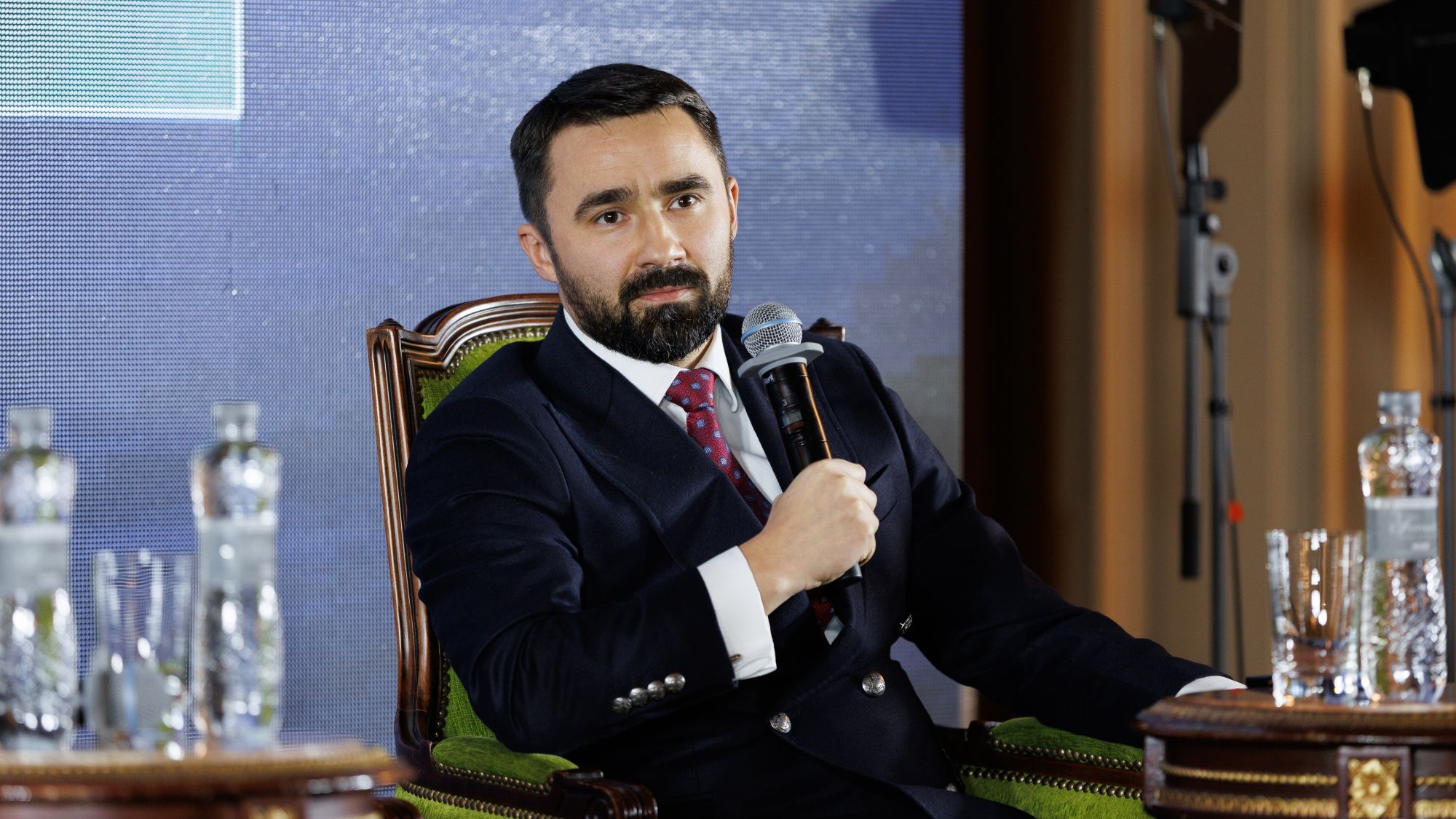The conference brought together representatives of the Ukrainian government, the EU, business and international partners to discuss the main challenges and opportunities of European integration. The Kyiv School of Economics organised the event with the support of the Office of the Deputy Prime Minister for European and Euro-Atlantic Integration and with financial support from Sweden.
Vodoviz participated in the panel discussion "Industrial Transformation of Ukraine: How EU Integration Changes the Rules of the Game."
CBAM and decarbonisation
The head of Metinvest Group's CEO's Office emphasised that decarbonisation for Europe is primarily a tool for protecting its own market, rather than a matter of concern for the environment.
Since 2024, the EU has adopted more than ten regulatory acts regarding the CBAM, which will come into force on 1 January 2026. EU directives define permissible CO2 emissions levels for various items and the procedure for calculating the tax should products exported to the EU exceed these levels.
“There are two months left before the introduction of CBAM, and we still don't know how much we will pay,” he said.
According to research by Ernst & Young and the Federation of Employers of Ukraine, the introduction of CBAM in Ukraine from next year will lead to a reduction in GDP of approximately 5%, and of 10% from 2030.

“We are appealing to the government: this is a serious blow to our economy. We must work together to find a solution — how to postpone this implementation period, because there is a war in the country. Or what alternative commitments can we make to the European Union to avoid the introduction of the tax from 1 January,” emphasised Vodoviz.
According to him, European metallurgical plants receive billions in grants for decarbonisation and bringing environmental standards into line with EU requirements.
“How can we compete with them? We do not have such opportunities. Therefore, we are asking for a postponement of at least five years from the date of introduction of the CBAM and sincerely hope that this will be achieved,” Vodoviz said.
Carbon emission quotas
Vodoviz noted that the EU has a mechanism for trading carbon emissions quotas. Companies pay EUR 100-120 per tonne of CO2. There are also free quotas that are allocated to metallurgical plants and other enterprises in the chemical industry.
Ukraine has taken the first step in this direction by introducing monitoring and reporting on greenhouse gas emissions. The next task is to create the quota trading system itself.
“We are concerned about the idea of creating a fund into which companies will pay money and then someone will distribute it for decarbonisation. We understand very well what such opaque schemes can lead to. We advocate a different approach — integration with the European emissions trading system, which has a clear and transparent mechanism: the funds paid for emissions are returned to companies in the form of support for decarbonisation,” said Vodoviz.
